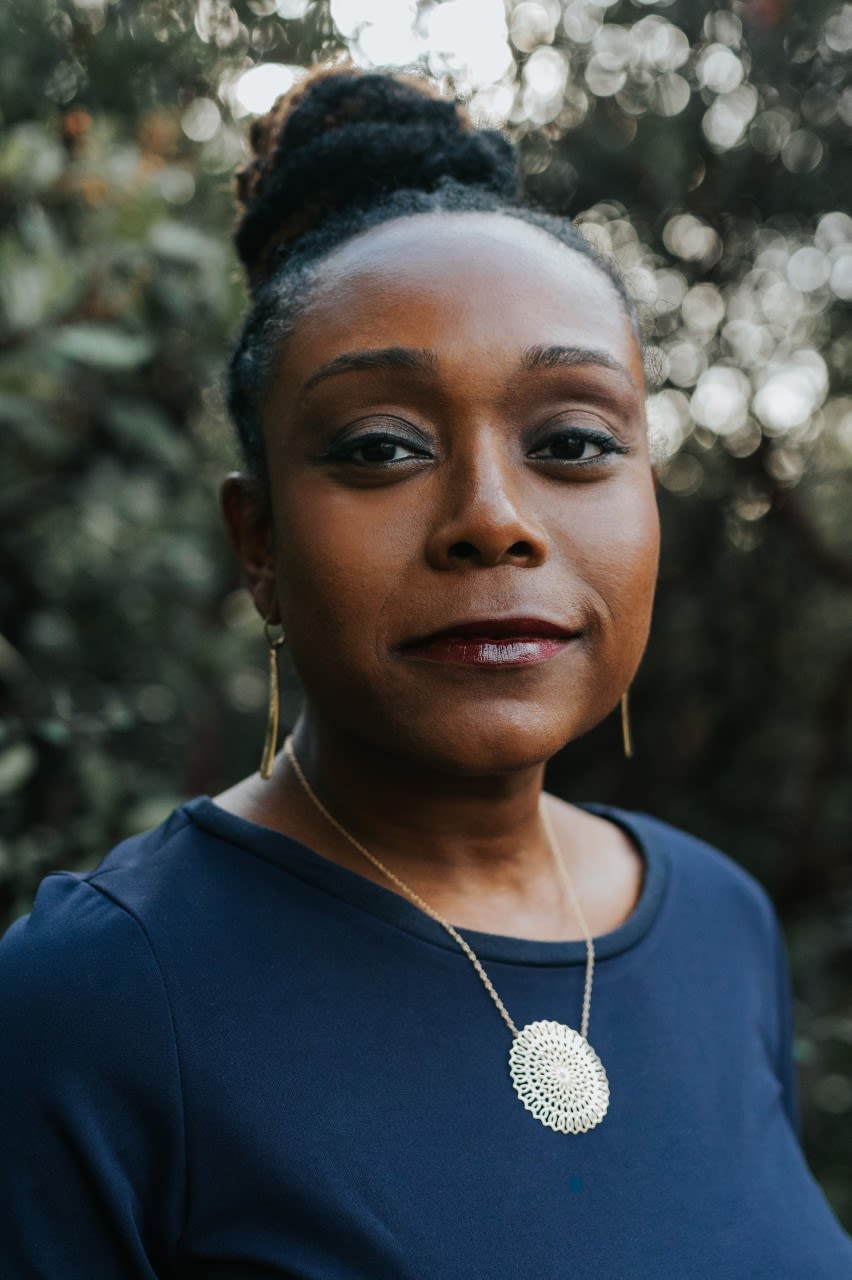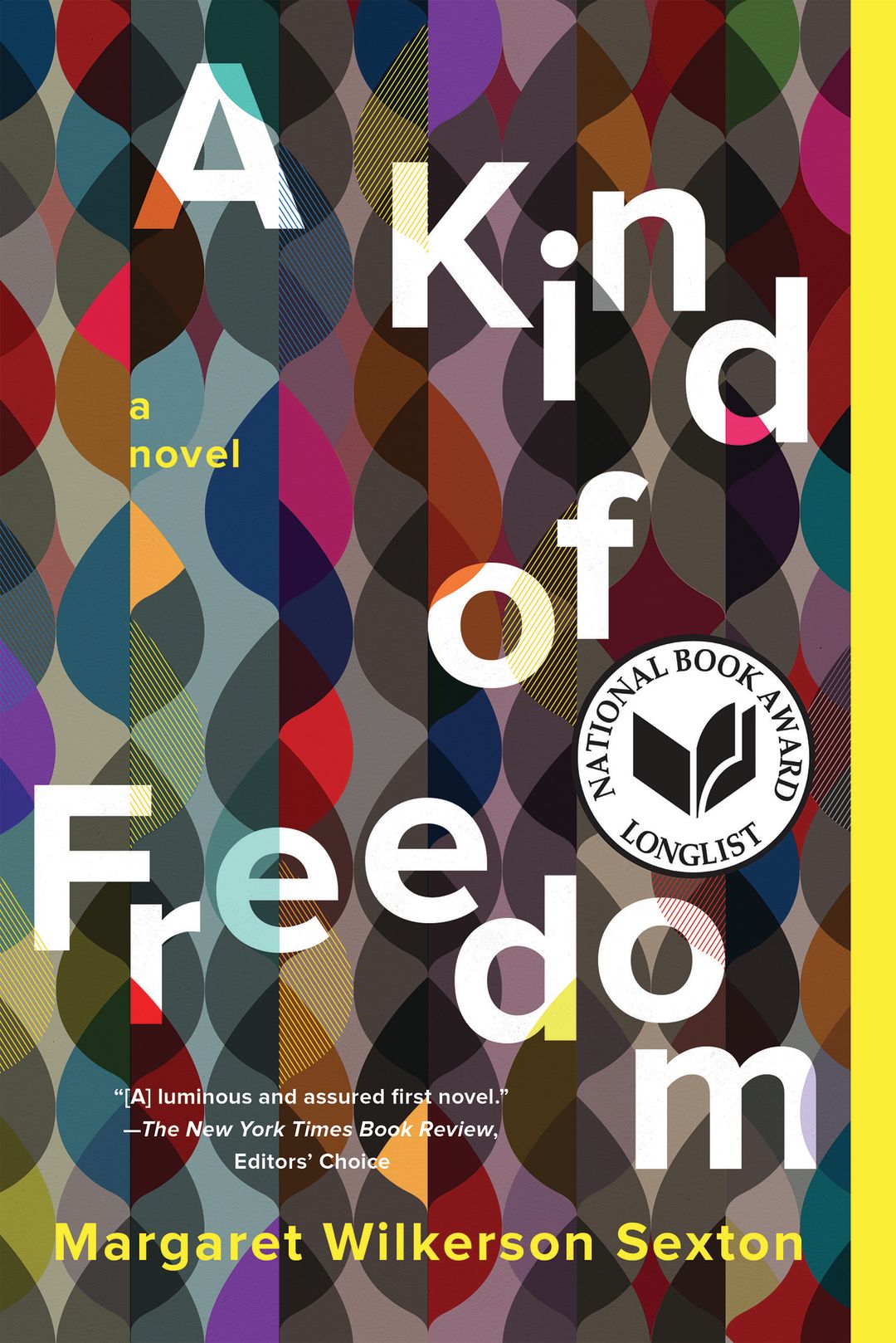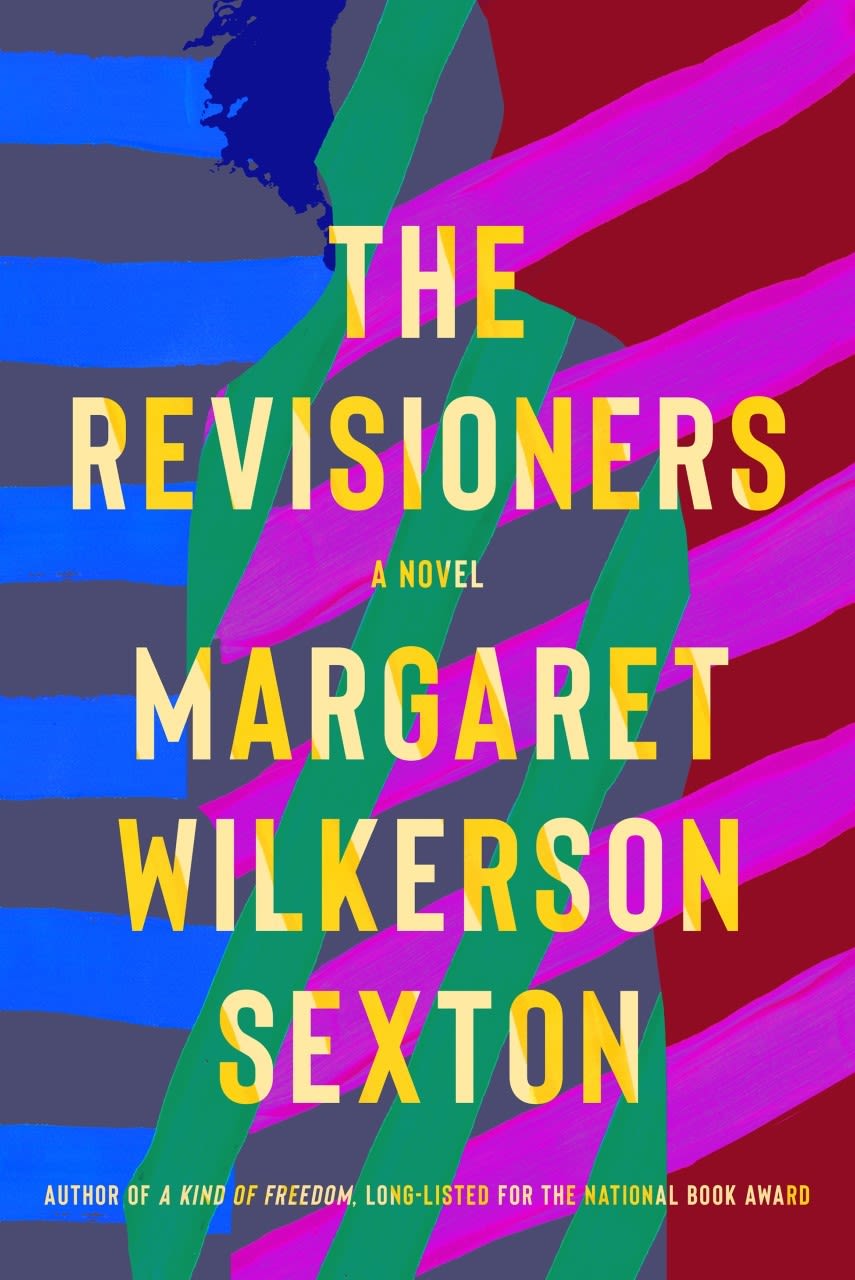A Conversation With Author Margaret Wilkerson Sexton

Margaret Wilkerson Sexton
Image: Courtesy Photo
We recently had the chance to catch up with National Book Award-nominated author, Margaret Wilkerson Sexton. Her debut novel, A Kind of Freedom, deals with heavy topics like drug addiction and incarceration through the lens of a multigenerational family who cannot break the destructive cycle. Sexton’s story is timely and important. At a time in the U.S. when mass incarceration of young black men is exponentially high, Sexton was looking for answers. Sexton is also looking forward to her first trip to Sarasota on Saturday, Aug. 17, for a conversation and book signing at Selby Public Library. Visit the library's website to reserve your space.
How did growing up in Louisiana influence your story?
I was born in New Orleans and lived there until 11; I still have lots of family in Baton Rouge. That was my home. My formative years were spent there and that left such an impact. I had a little cousin who I grew up with and we were sort of raised as brother and sister. We did everything together. Then, fast forward to 2012, when I was sworn into the bar to practice law, my same little cousin went to jail for the first time. I’ve always been haunted and curious by that, because our lives were so parallel for so many years. We came from a family of opportunities; even my grandparents were college-educated. How he could have wound up on such an alternate path was something I just could not perceive as possible. It’s a phenomenon in the black community. I started learning more about how these black families and multi-generations had been affected by Jim Crow, then the War on Drugs and mass incarceration.
You were a practicing lawyer before writing A Kind of Freedom. When did you realize you had a passion for telling stories?
I always knew I wanted to be a writer. I thought it wasn’t realistic. It was like when you’re a small child and you say you want to be an astronaut. It was a dream. When I got closer to the age where I had to make decisions on what I was going to do with my life, I got scared by the fact all my friends were going to law school or working at banks. I ended up taking a year and volunteering overseas, where I started a book. The book just wasn’t very good. I was feeling discouraged, and my skills were well suited for law. My dad was a lawyer and he said even if I didn’t end up practicing, that law school made for a great background. At that time, pre-recession, they were paying amazing salaries to associates who had just finished law school, so I ended up working at a law firm for two years. Then I left and decided to work on my writing full time.
How do you think your “lawyer side” has influenced your writing?
For me, writing has always been a logical process. I used to outline more, but now that is changing. My new story is much more organic. I always start the writing process with a thesis or a question. This is the question I want to answer and then I use the book to answer it; it is my theme. I also wonder if my law background is the reason all my books are quite slim considering all the ground they cover.
You had mentioned to me that your first book was never published, how did this affect you?
I was so incredibly discouraged. It may sound quite hyperbolic, but I had this tremendous feeling of agony. I spent five years working on a book and just could not get it published. But in a way, the process of doing that book was my MFA program. In 2016, I started A Kind of Freedom and finished in under a year. It was a totally different experience, and the process of spending all that time with the first book really made me a stronger writer.

The cover of Sexton's debut novel
Image: Courtesy Photo
How do you build characters?
The characters Evelyn and T.C. from A Kind of Freedom were always in my mind. They had come to me during the first book, but I set them aside. To me, the characters define the storyline and help the story go where it needs to go. I ended up actually writing 100 pages of Evelyn but got discouraged by a workshop. T.C. was based on my cousin’s voice. The middle section of my story was the hardest, Jackie, because I couldn’t find her voice. And I had to find this connective tissue to explain this dip for this family. She was crafted. I like it when characters are gifts.
Do you have any non-literary writing influences?
Music is a big influence, although I don’t listen to music while I write. Lauryn Hill and her first album from 1998, The Miseducation of Lauryn Hill, has always been a huge influence. She was tackling new ground as an artist and she had come out of nowhere. She came with so much insight and wisdom and fresh delivery. I have always wanted to emulate that and to share something new.
I match my music to my moods. When I was constantly being rejected with that first book, I was listening to songs about deflated hopes and dreams. But generally, I like firsts and I like debuts, like Kanye’s first album. I love listening to something new.
What’s on your summer reading list?
Well, like everyone else I am currently reading The Nickel Boys. I loved In West Mills. I haven’t read yet, but I am excited to read The Disappearing Earth. I loved Patsy, Sabrina & Corina, and always love Alice Munro’s short stories.
What genres are you drawn toward?
I like to read mostly what I like to write: post-colonial literature, historical fiction, African-American fiction. I love Octavia Butler and I wish there were more authors like her. I also am into speculative fiction stories like Who Fears Death and An Unkindness of Ghosts.
Where do you get your ideas?
So far, they are just coming to me. I get ideas and I can tell if they linger and if they require me to explore them. I always like to have two more ideas waiting for me when I am working on a project. I hate the feeling of finishing a book and not having something else to work on.
What do you want a reader to take away from your book? Take away from you?
Well, from A Kind of Freedom, I want readers to understand the connection between racist, systemic policies and young black boys. The prison system has been intentionally preying on that demographic, and it's not a coincidence that they are in jail. Young black men are jailed at a much higher rate than any other demographic, even when they commit the same crimes. I want to point out that phenomenon and warn readers to be careful about assuming we have made so much progress and our work is done. I think we tend to overestimate the degree of progress we have made. Yes, in many ways, of course, we have made progress, we have had a black president, but new systems are in place that do the same work old racist systems did just with new names. I want to call those systems out. I do think I will always write about societal flaws in ways that make readers question their assumptions.

The Revisioners will be published in November
Image: Courtesy Photo
What are you working on now?
The Revisioners is my story that comes out in November. This story is a call to action. It is also a multigenerational storyline with a grandmother and her grandchild, and the story starts to converge. One of my characters is a former slave and sharecropper in the 1920s who forms a cautious friendship with her white neighbor before learning she is a member of the KKK. The granddaughter in the story is half-black, half-white and goes to live with her white grandmother, who becomes increasingly racist. Many of these racist feelings are passed down. It’s recycled racism. I hope to draw attention to this strength we get from our ancestors and promote change in the face of oppression. Especially in the current political climate, black women and white women have so much more that connects us than which distances us and I think if we can all come together, our impact is enormous.
Have you been to Sarasota?
No, but I am so excited to come check it out!
The National Book Foundation is presenting "Ghosts of Our Past," a conversation and book signing at Selby Public Library, 1331 First St., Sarasota, with Sexton and poet Diana Khoi Nguyen, a National Book Award finalist, from 2 to 3 p.m. on Saturday, Aug. 17. You can reserve a spot at the event here.



